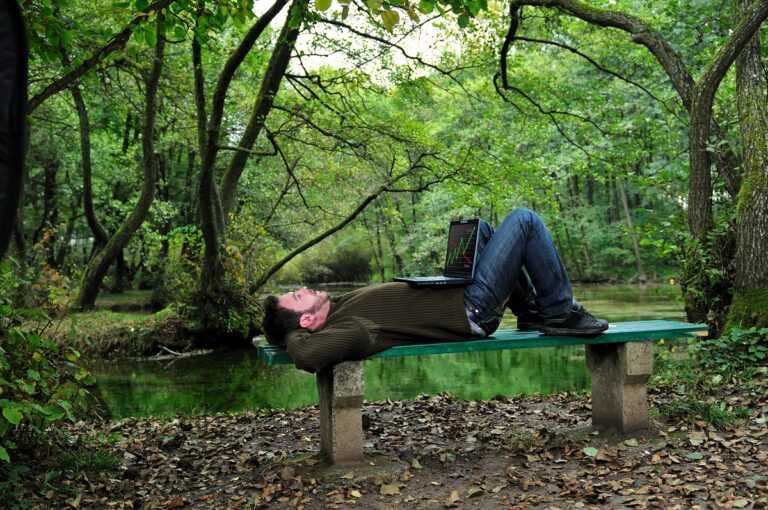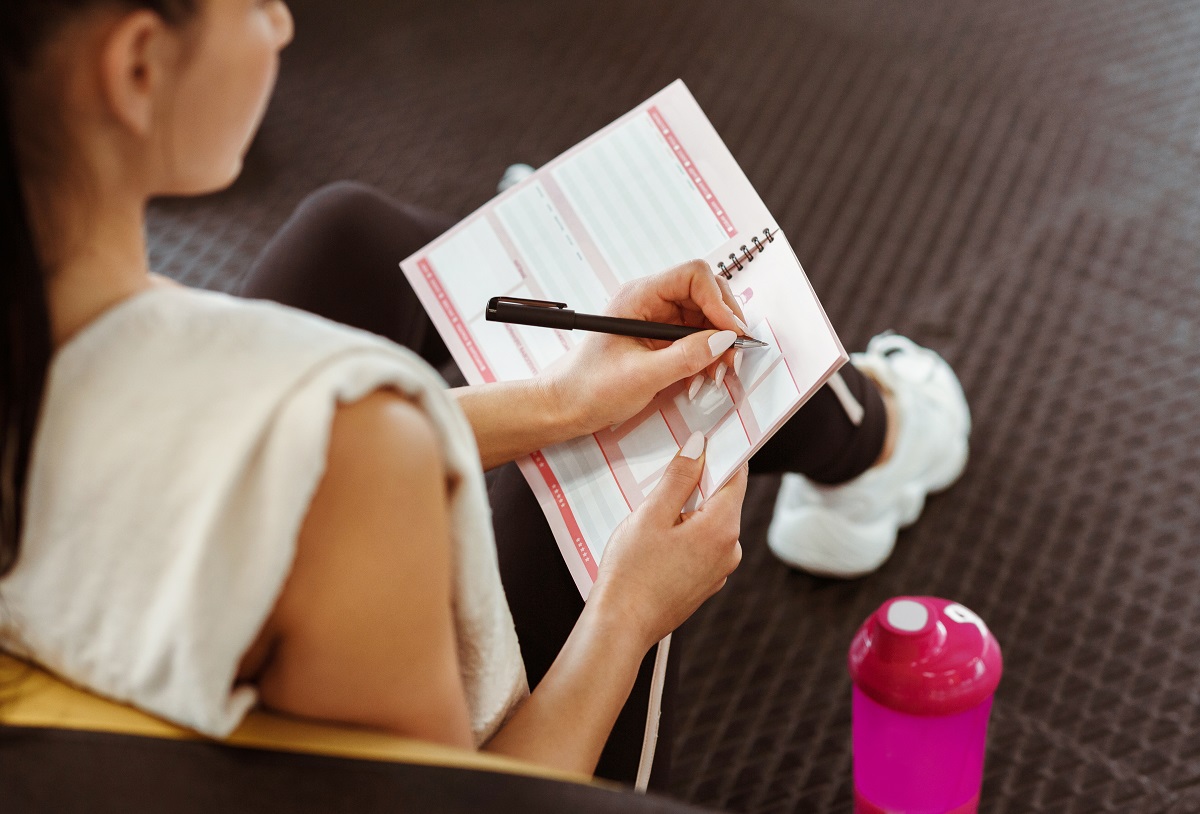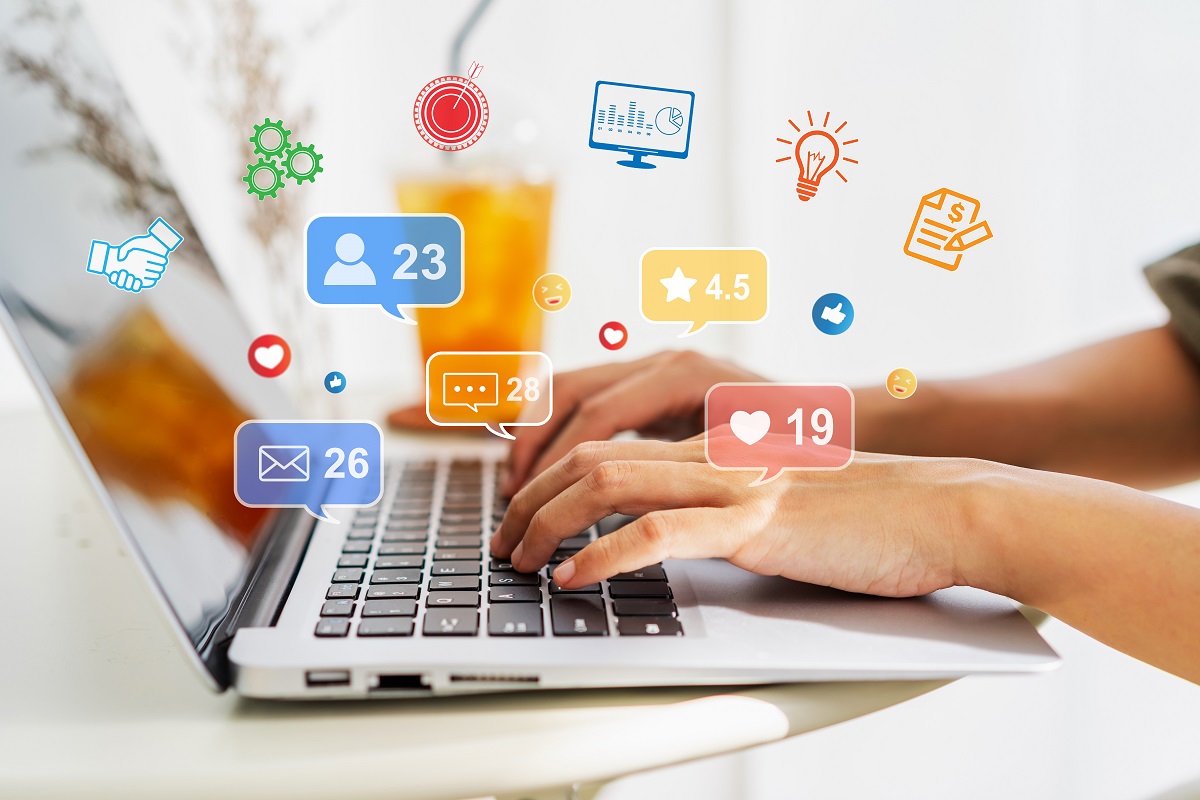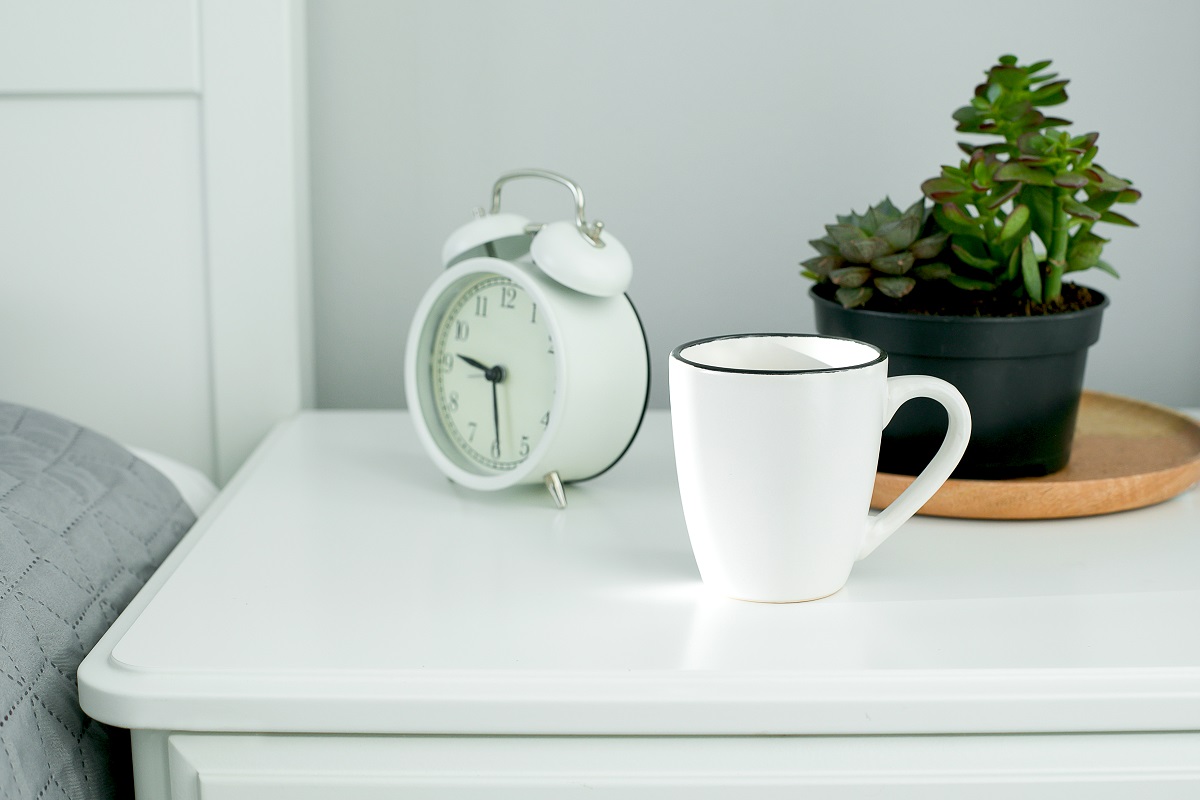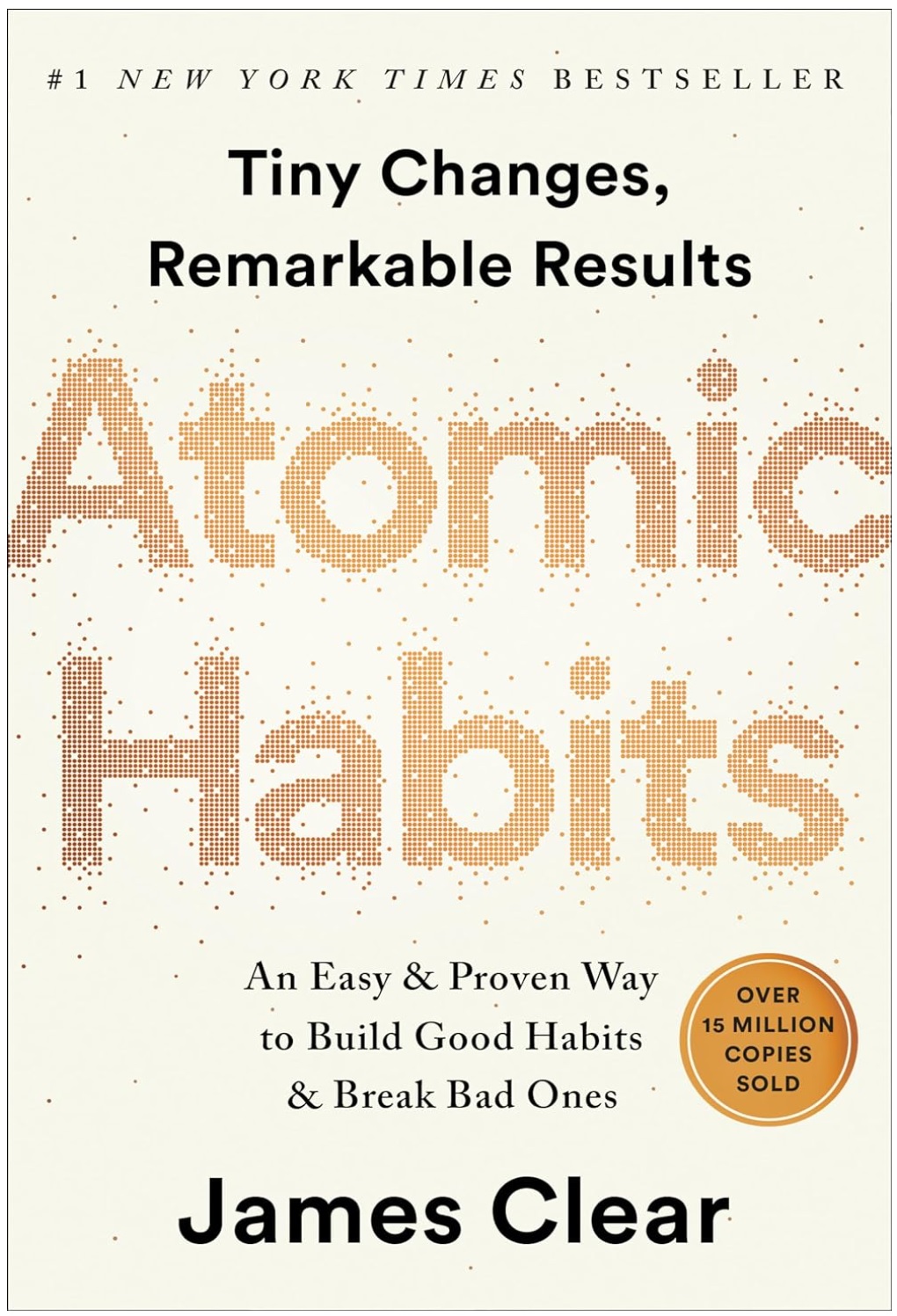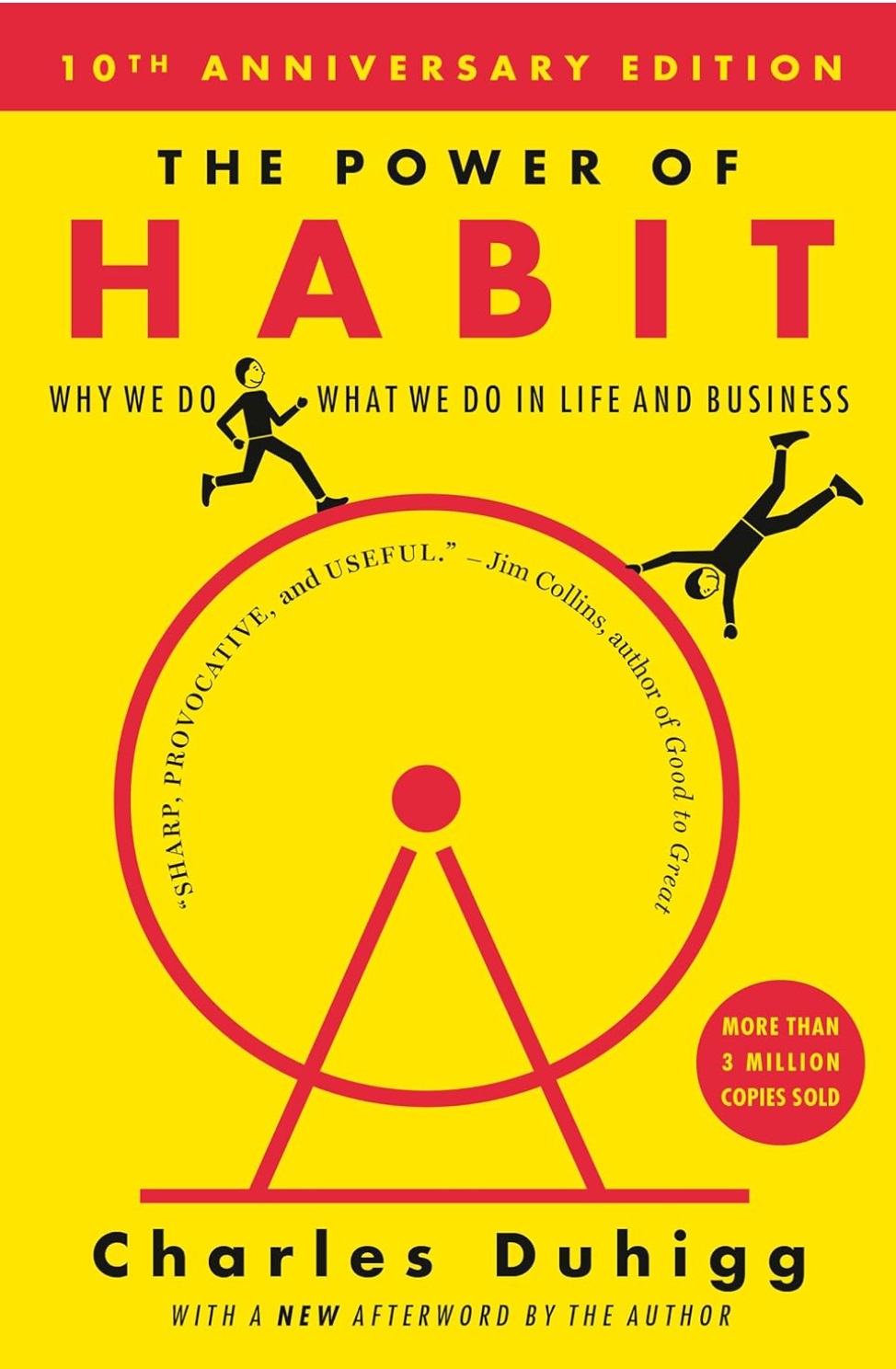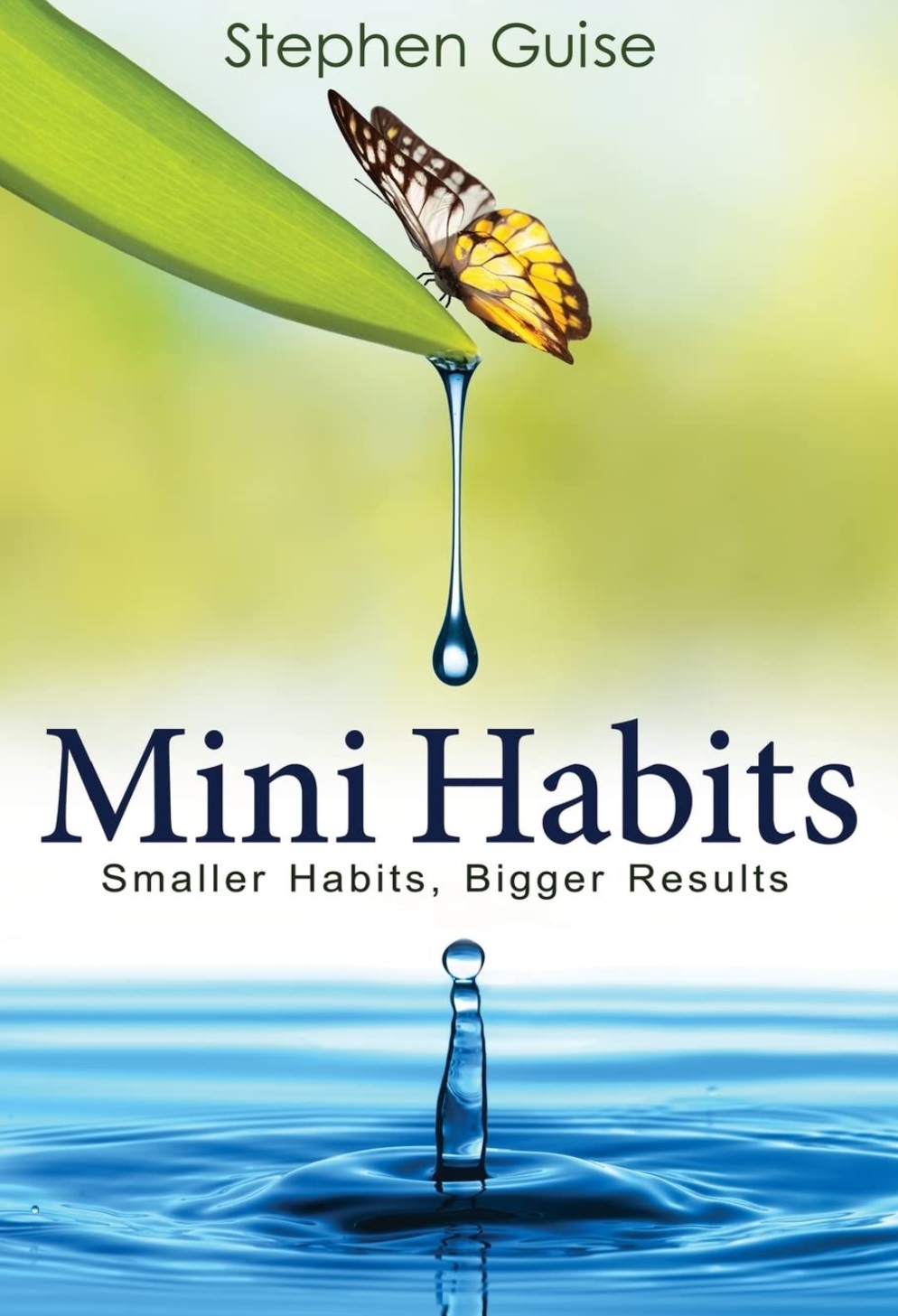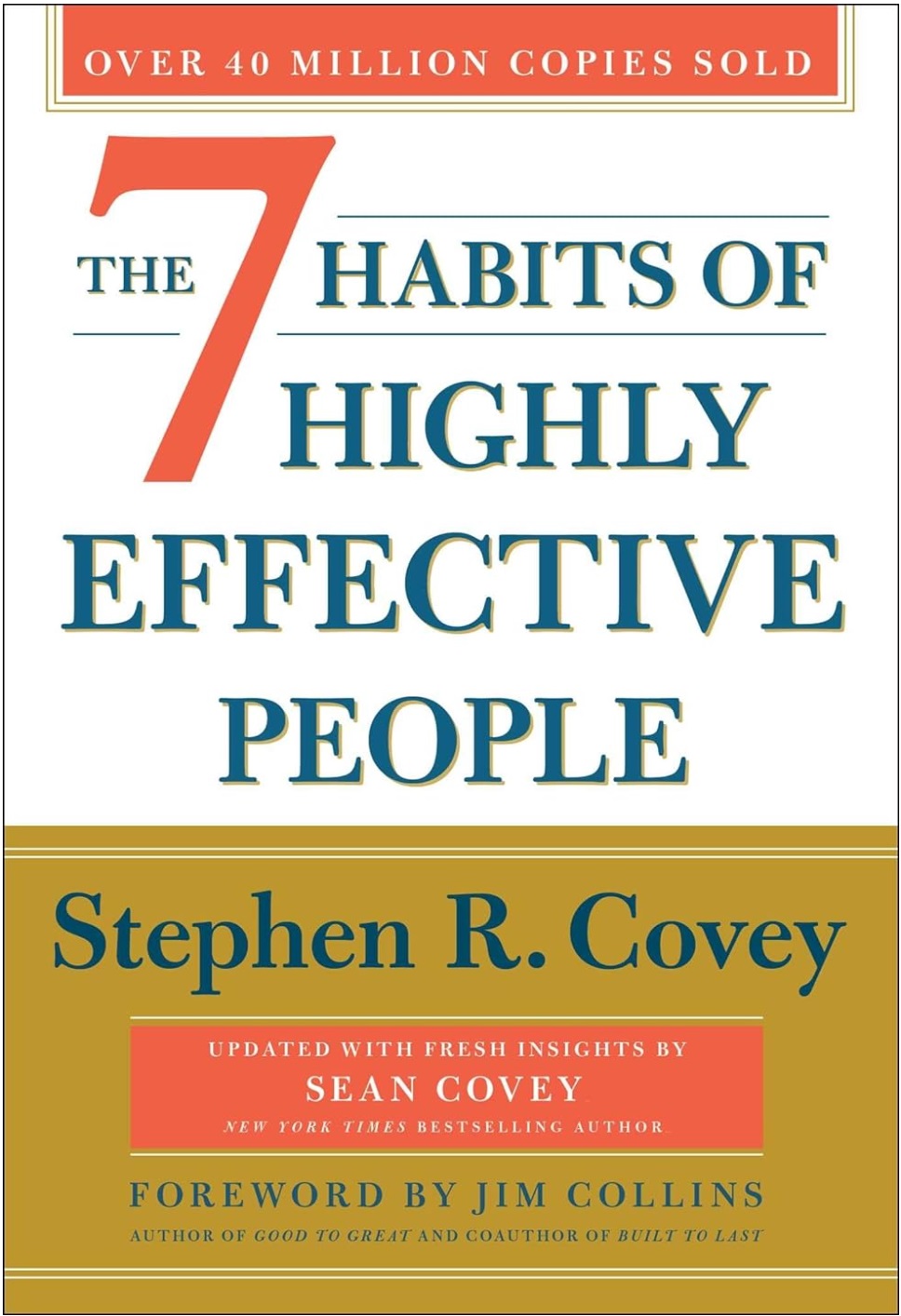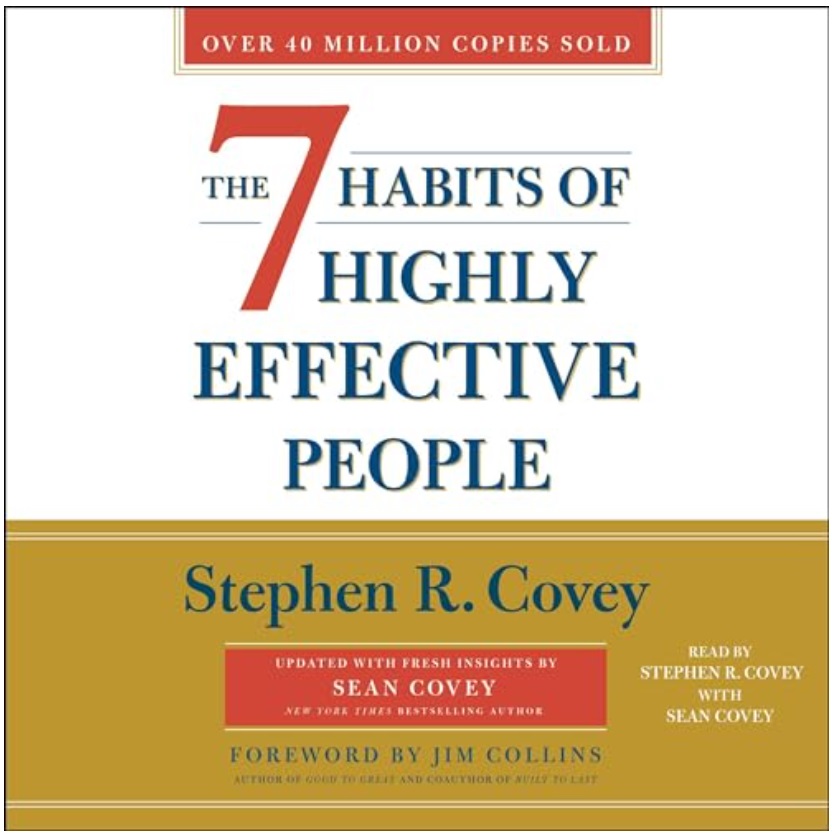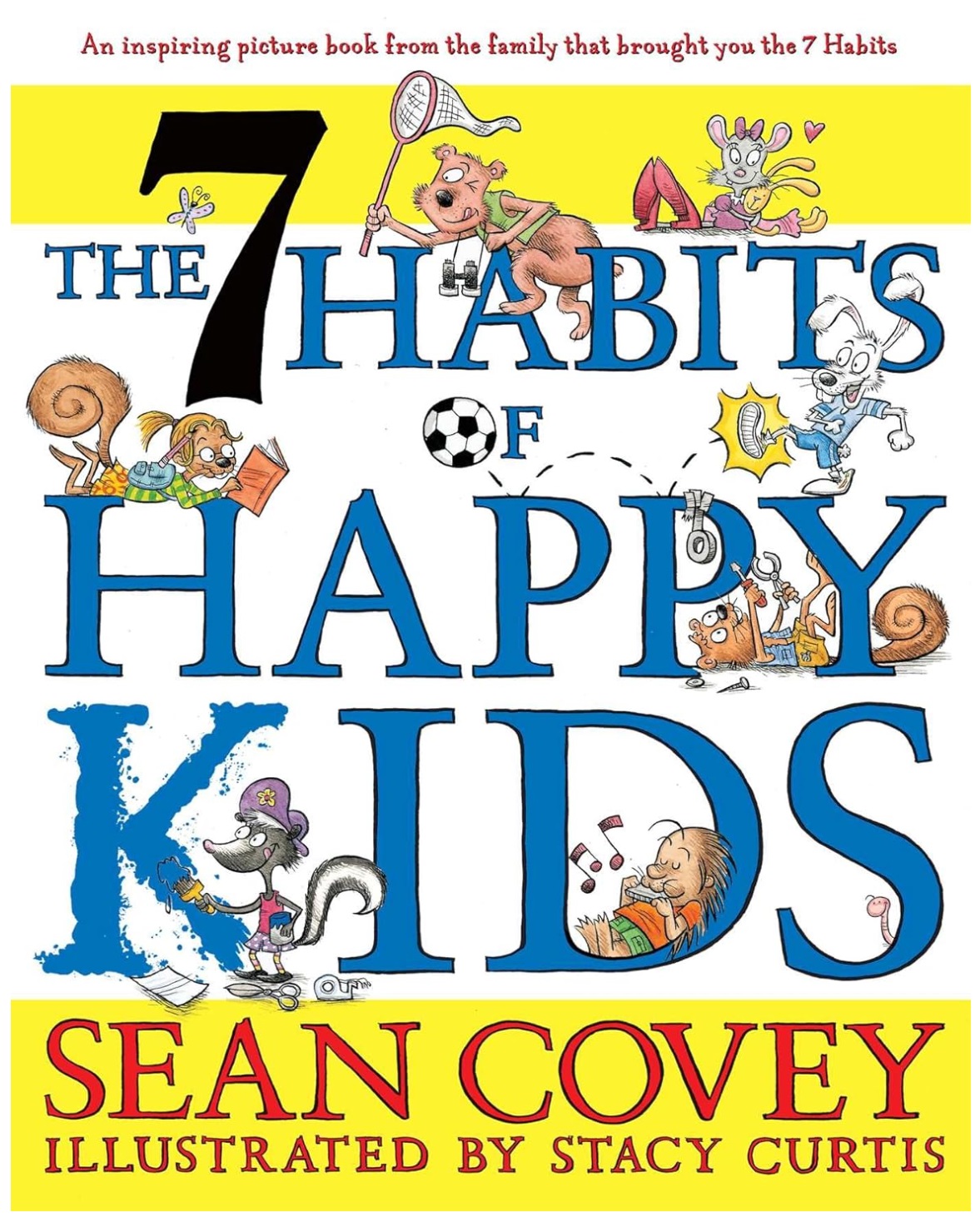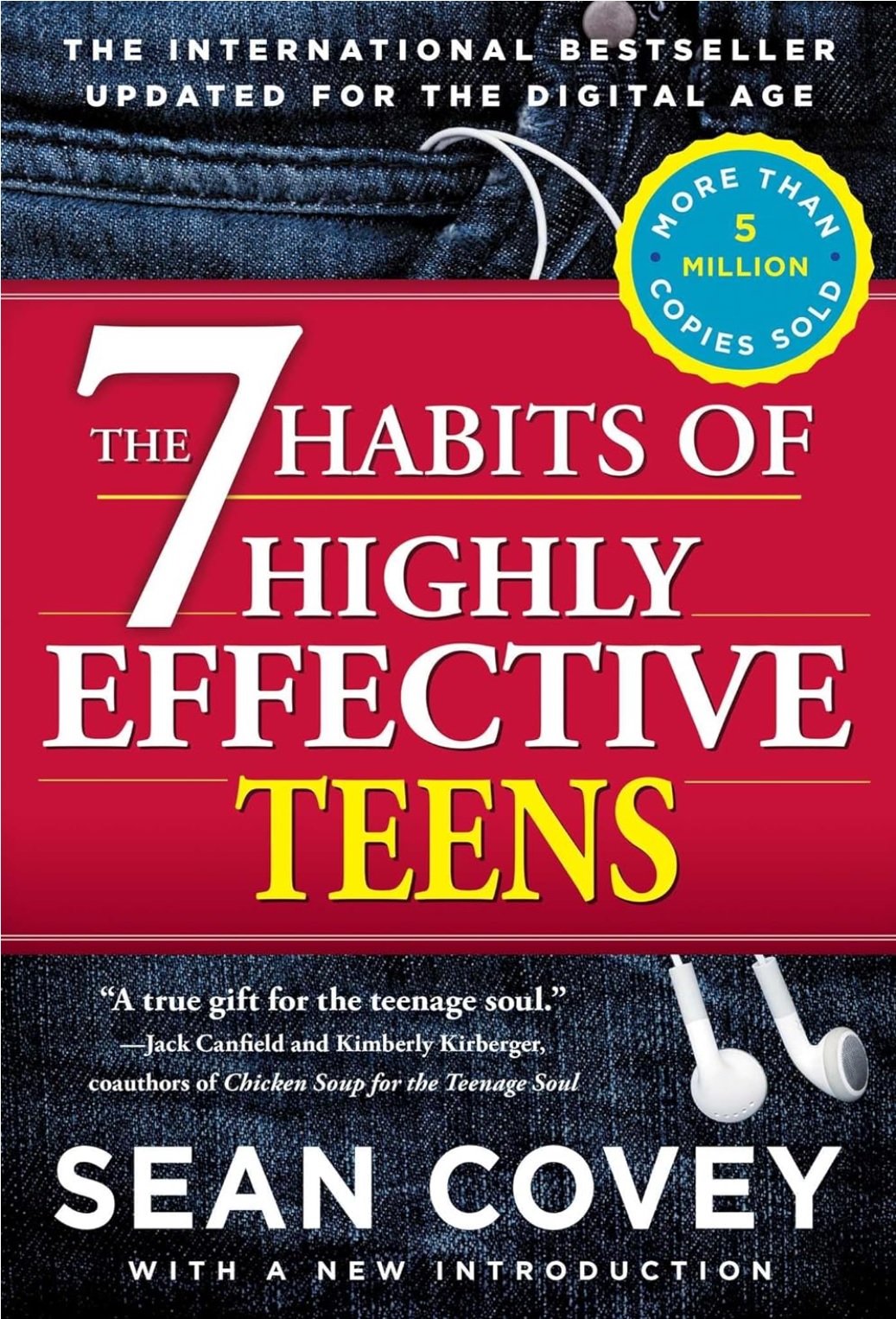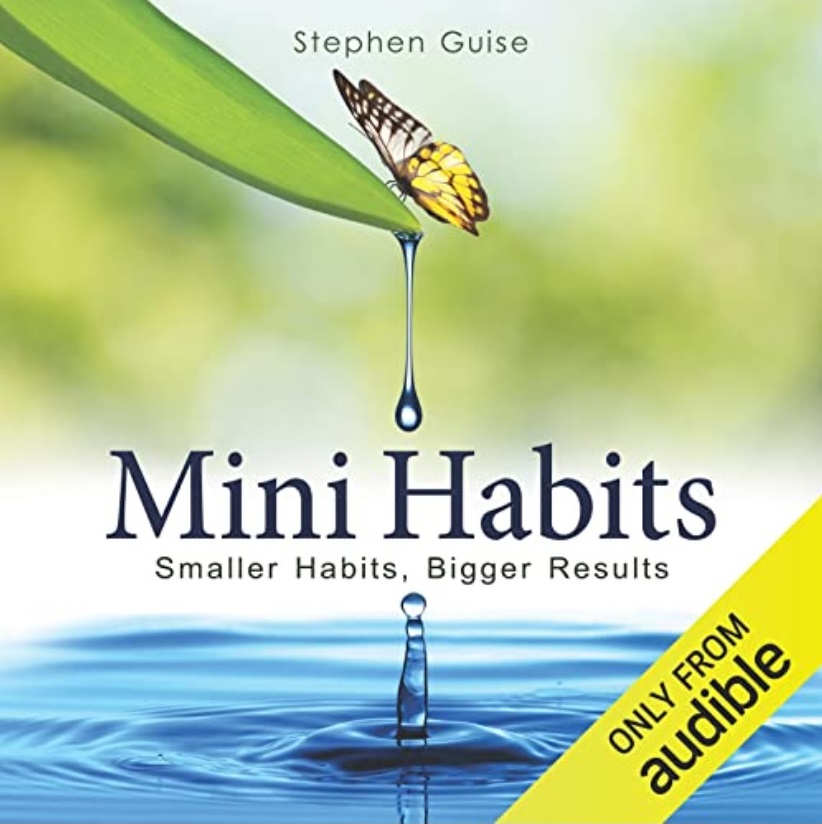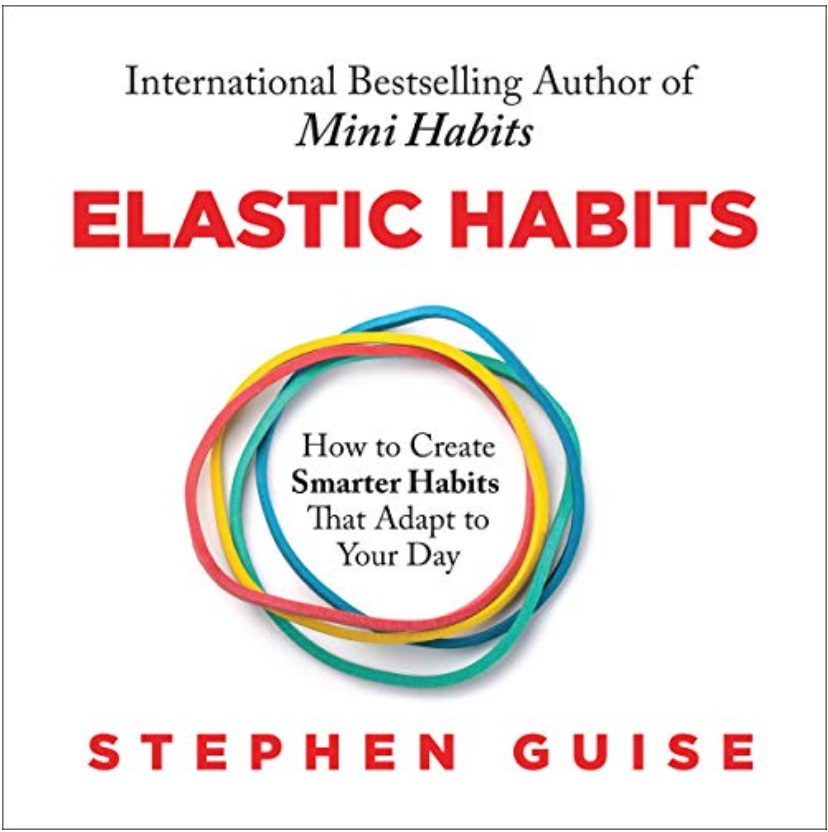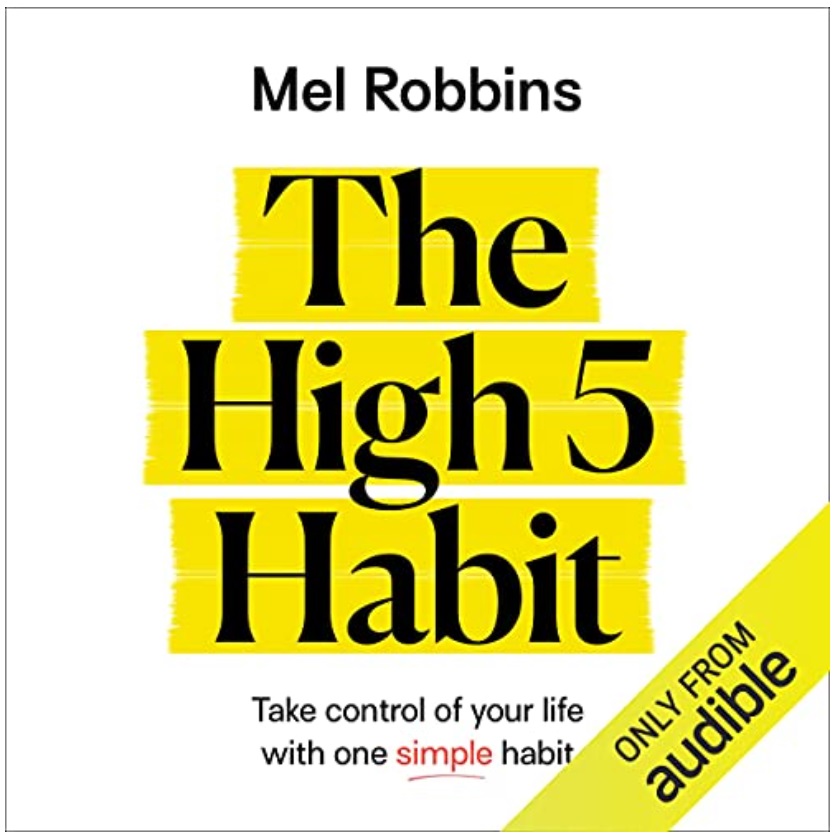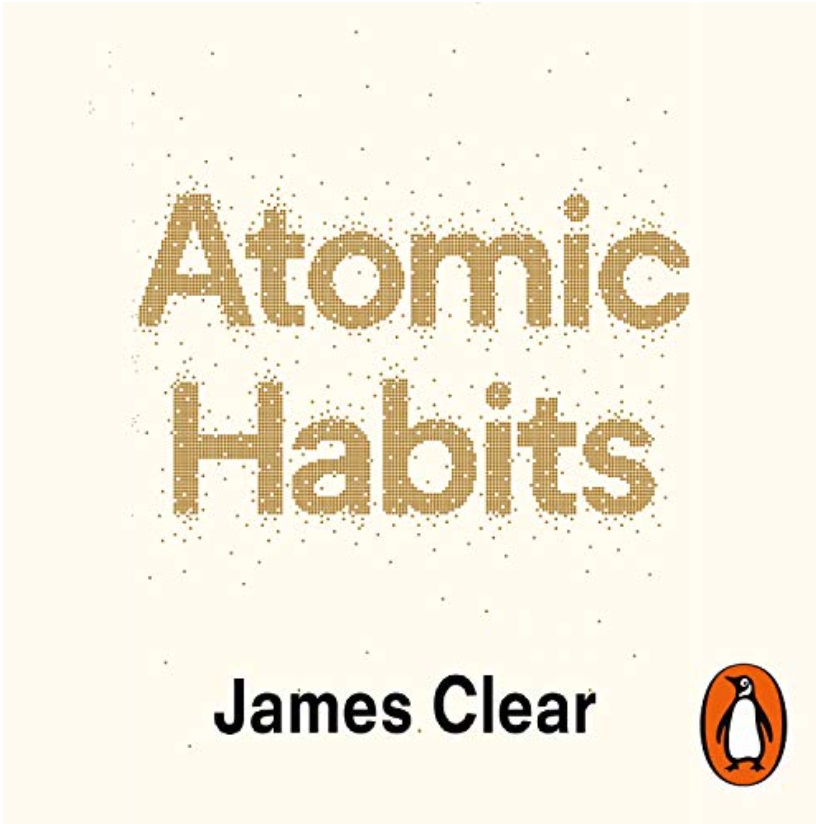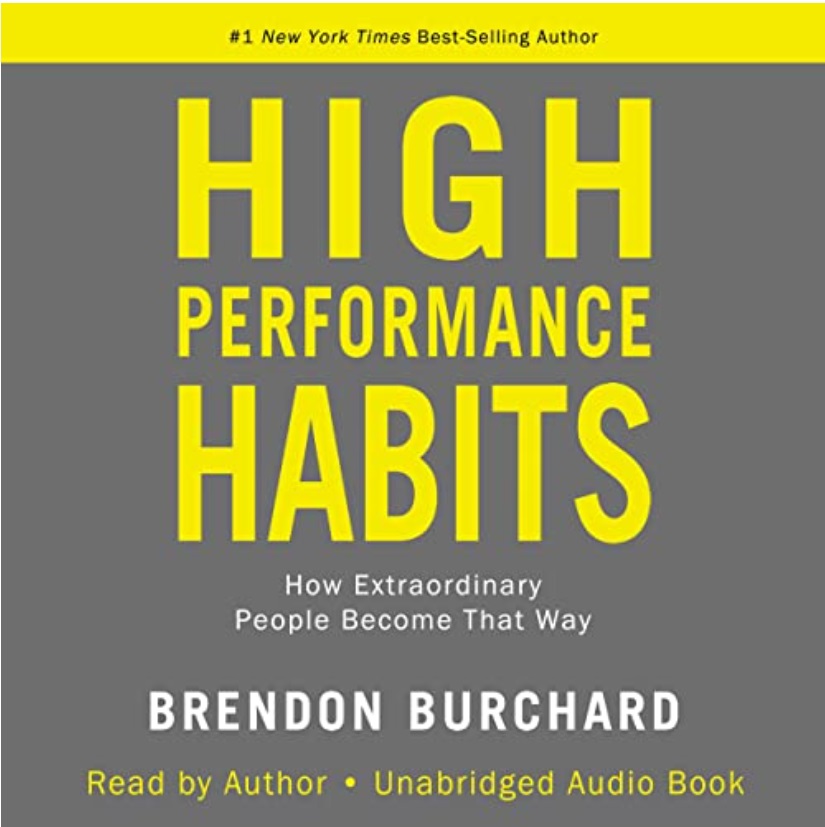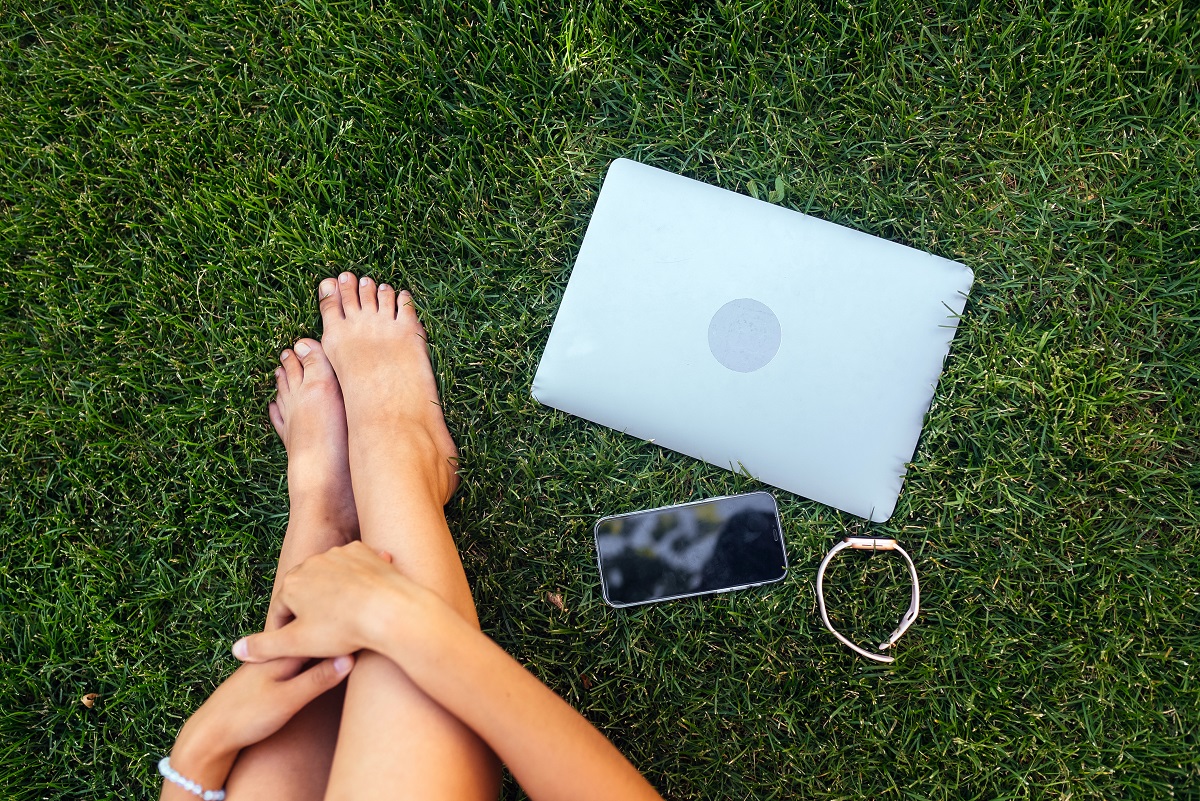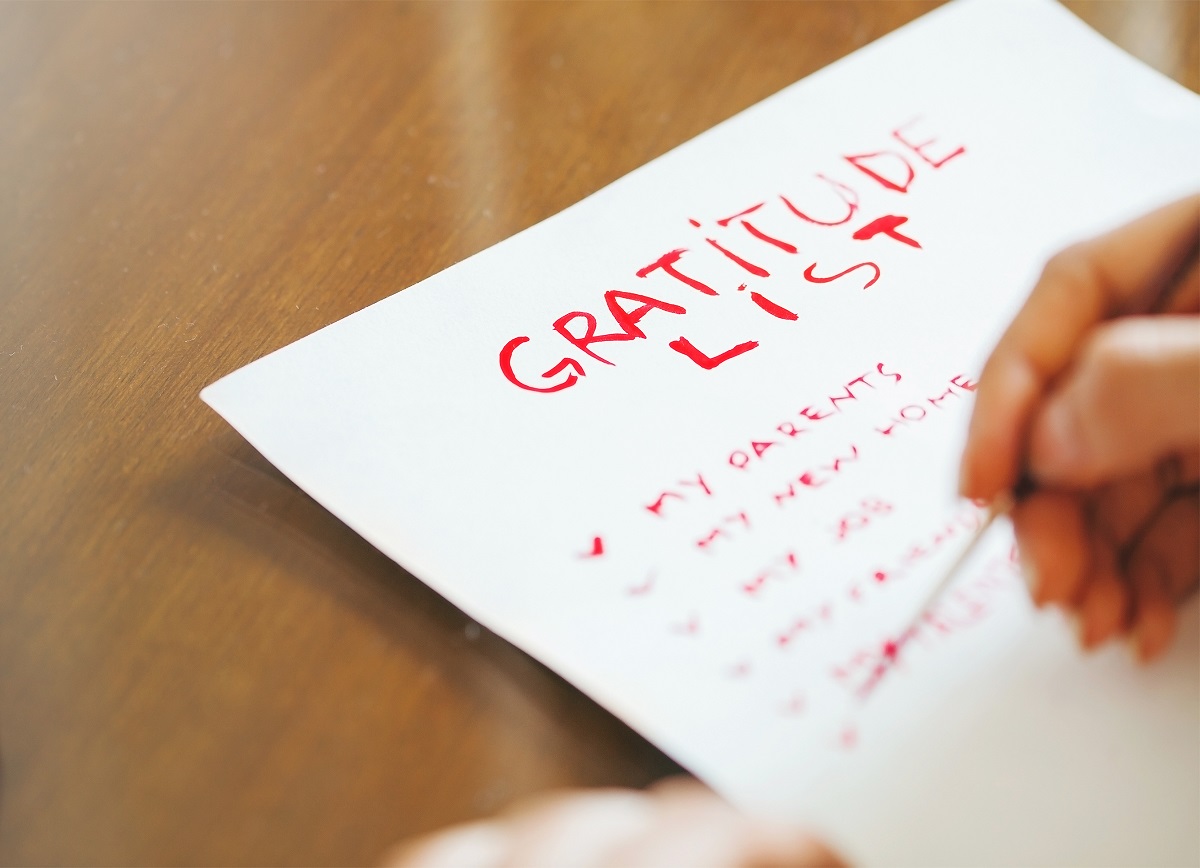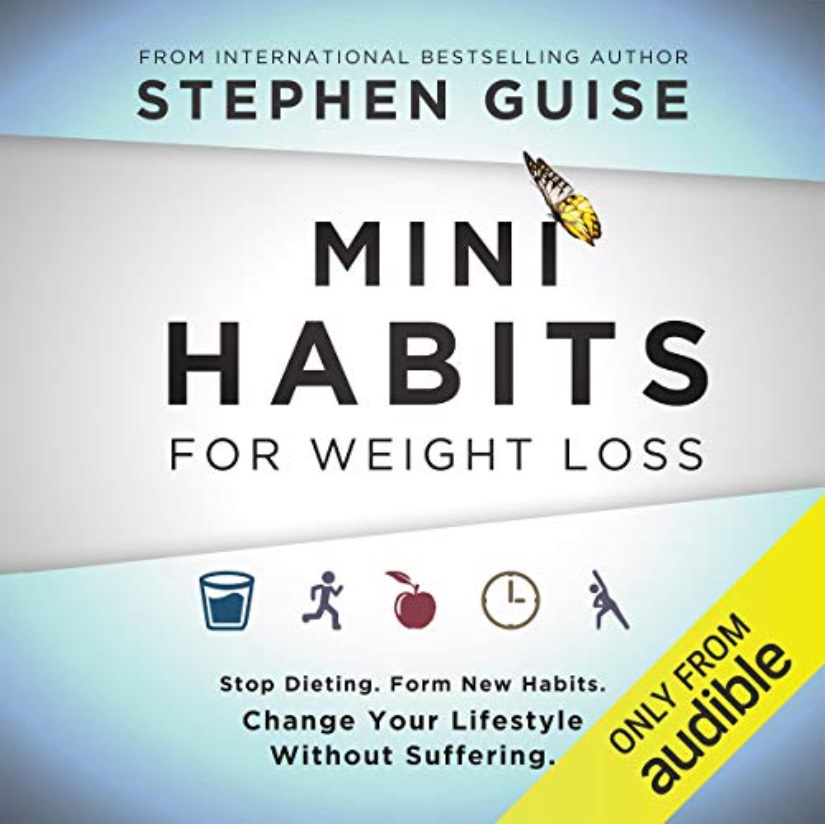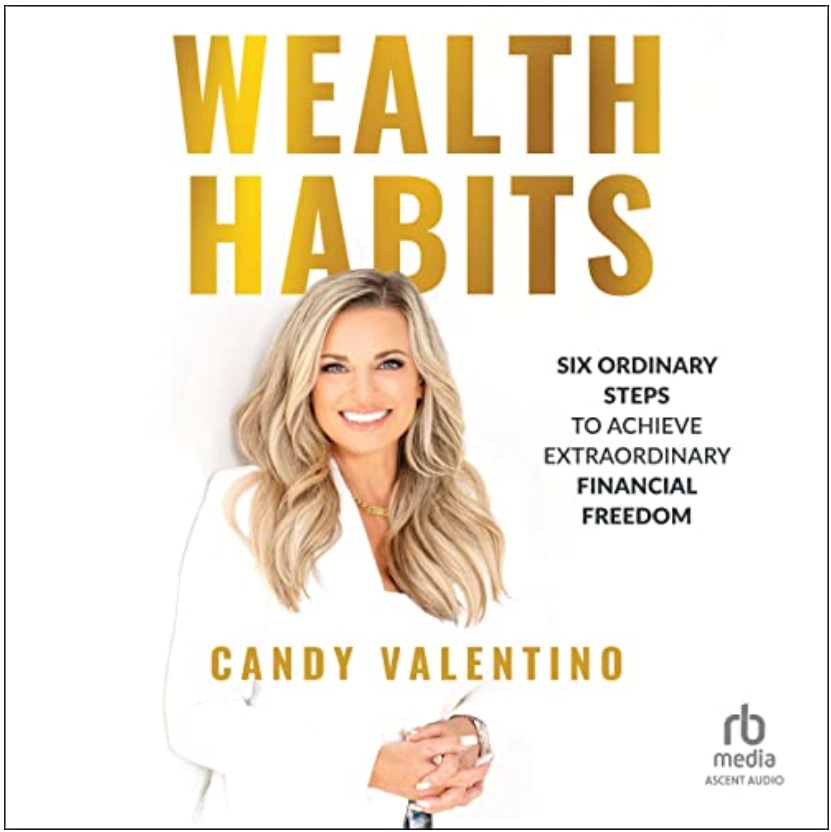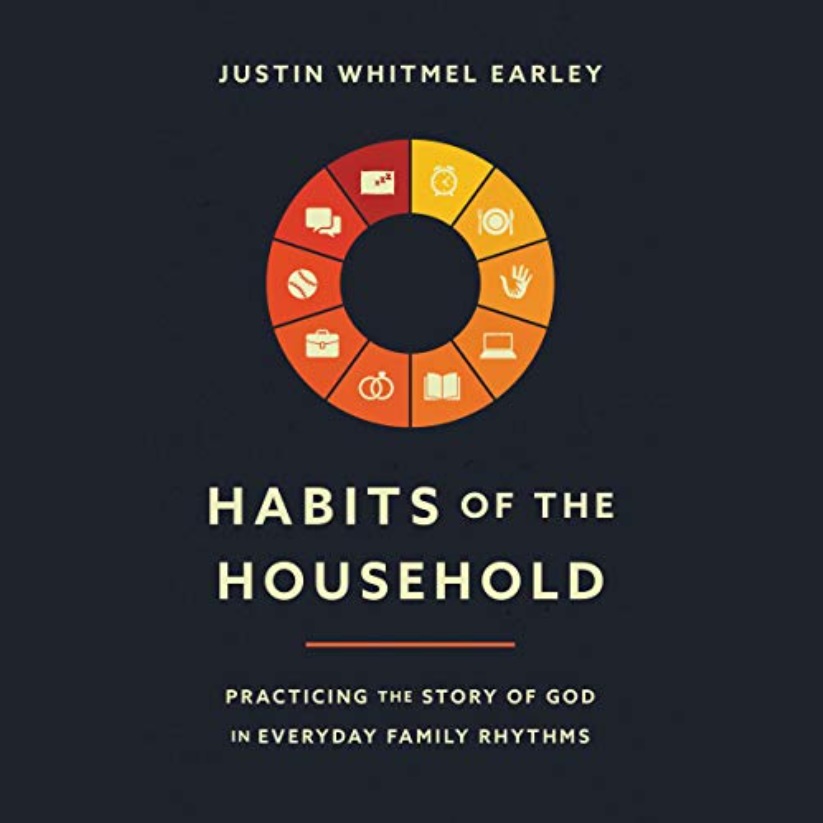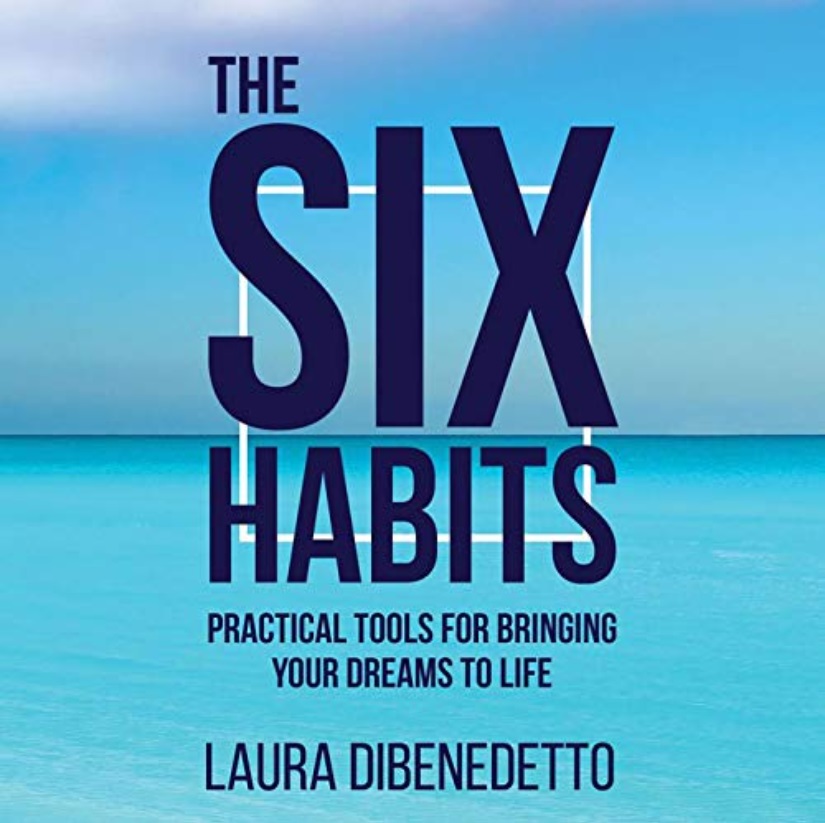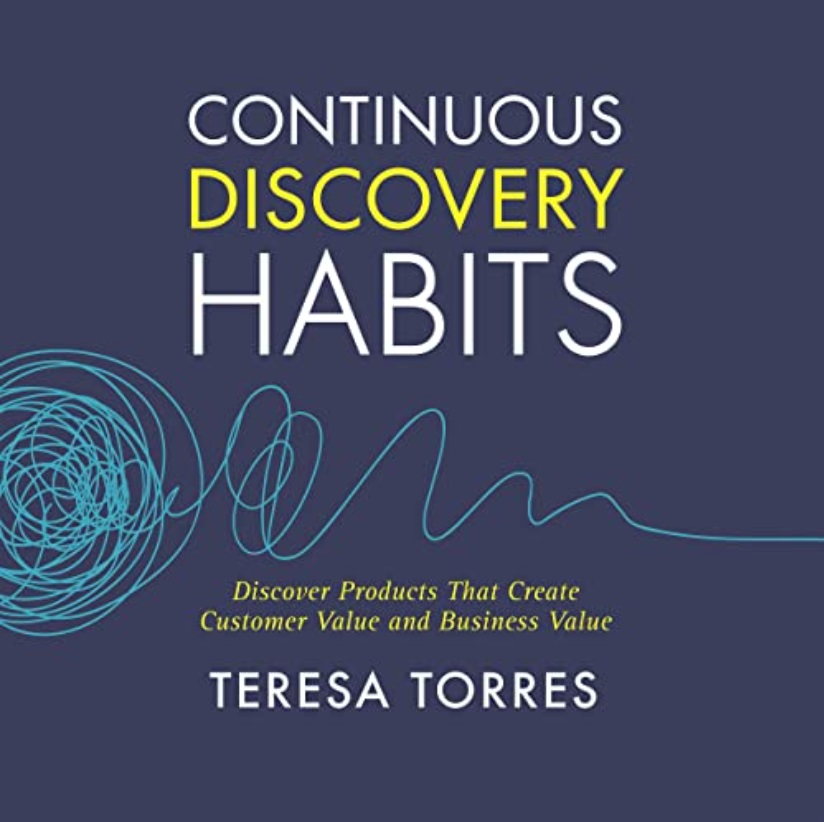- KEY POINTS
- Simplify Your Digital Space: Remove unused apps, organize files, and streamline devices for improved clarity.
- Reduce Digital Overload: Limit notifications and digital distractions to focus better.
- Adopt Minimalist Habits: Embrace digital tools that add value while eliminating clutter.
Table of Contents
ToggleIntroduction
Have you ever felt overwhelmed by the sheer volume of emails in your inbox, the endless apps on your phone, or the dozens of tabs open on your browser? I’ve been there. At one point, my digital world was so cluttered that even finding an important file felt like an impossible task. It drained my energy and made me less productive.
Digital clutter can be just as stressful as physical mess, but the good news is that it’s easier to tackle than you might think. By taking intentional steps to declutter your digital life, you can reduce overwhelm, improve focus, and reclaim a sense of clarity.
If you’re ready to simplify and organize your digital spaces, this guide will help you take actionable steps to create a more streamlined, stress-free digital life.
Step One: Audit Your Digital Spaces
Start with Your Inbox
Emails can be one of the biggest sources of digital clutter. I used to have thousands of unread emails in my inbox, most of them promotional or irrelevant. The first step I took was unsubscribing from newsletters I no longer read using a tool like Unroll.Me. Then, I created folders to organize important emails, making it easier to find what I needed.
For more tips on reducing distractions from email, check out Simple Habits to Reduce Digital Distractions, where I share actionable strategies for streamlining communication.
Evaluate Your Apps
How many apps do you actually use on your phone or computer? When I reviewed mine, I found that nearly half were outdated or unused. Deleting them not only freed up storage but also made navigating my devices faster and less stressful.
Assess Your Files and Folders
If your desktop is overflowing with random files and your folders are a mess, it’s time to organize. I created a simple folder structure based on categories like work, personal, and finances. This system has saved me hours of searching for documents.
Reflective Question: What’s the most cluttered part of your digital life, and how could you start organizing it today?
Step Two: Set Boundaries with Notifications
Turn Off Non-Essential Alerts
One of the biggest culprits of digital stress is constant notifications. At one point, my phone was buzzing every few minutes, pulling my attention away from whatever I was doing. Now, I’ve turned off all non-essential alerts, keeping only those for calls and messages.
If you’re not sure which notifications to keep, revisit Mindful Social Media Use for Better Well-Being, where I discuss creating healthier relationships with digital tools.
Schedule Notification Check-Ins
Instead of checking notifications as they come in, I now have designated times during the day to review them. This small change has significantly improved my focus and productivity.
Use Do Not Disturb Mode
During work hours or screen-free time, I enable “Do Not Disturb” mode on my phone. This ensures that I’m not interrupted by unnecessary pings, allowing me to stay fully present.
Action Item: Choose one type of notification to disable today and notice how it impacts your focus.
Step Three: Streamline Your Digital Presence
Review Social Media Accounts
Social media can quickly become a source of digital clutter. I recently reviewed all my accounts and unfollowed pages and profiles that no longer resonated with me. This created a more meaningful feed that aligns with my values and interests.
For guidance on curating a clean and intentional online identity, explore Curate Your Online Presence in 5 Easy Steps.
Simplify Your Browser Tabs
I used to have dozens of tabs open at once, which made it hard to focus and find what I needed. Now, I use a tool like OneTab to consolidate my tabs into a single list. This keeps my browser organized and reduces cognitive load.
Consolidate Digital Tools
Are you using multiple apps or platforms that serve the same purpose? I used to switch between three different task managers before settling on one that met all my needs. Consolidating tools not only saves time but also simplifies your workflow.
Reflective Question: Which social media account or digital tool could you streamline to reduce digital clutter?
Step Four: Organize and Simplify Your Files
Create a Clear Folder Structure
One of the biggest challenges I faced when decluttering my digital life was managing my files. My desktop used to be a chaotic mix of random screenshots, downloads, and documents. I started by creating a simple folder structure that made sense for my life—categories like “Work,” “Personal,” and “Finances.” Within these, I added subfolders for specific projects or years.
If you need inspiration for organizing your digital files, revisit Declutter Your Digital Life for More Clarity, where I share detailed steps for tackling digital messes.
Delete Duplicates and Old Files
After setting up a folder structure, I went through and deleted duplicate or outdated files. It was time-consuming, but the relief of knowing exactly where to find what I needed was worth it. To speed up the process, I used a duplicate finder tool.
Back Up Important Documents
Once everything was organized, I set up a regular backup routine. Using a cloud service like Google Drive or an external hard drive ensures that important files are protected in case of a system failure.
Reflective Question: What’s the first step you could take toward organizing your digital files today?
Step Five: Declutter Your Inbox
Use Filters and Labels
After years of ignoring my email inbox, I finally decided to tackle the thousands of unread messages. One of the best strategies I found was setting up filters to automatically sort emails into folders. For example, I have a filter that sends all receipts to a “Finances” folder and newsletters to a “Reading” folder.
For more tips on managing your inbox, check out Simple Habits to Reduce Digital Distractions, where I share strategies for taming email overload.
Unsubscribe from Unnecessary Emails
I used a tool like Unroll.Me to unsubscribe from newsletters and promotional emails I no longer wanted. It only took 15 minutes but made a huge difference in reducing daily distractions.
Adopt Inbox Zero Practices
Getting to inbox zero may seem daunting, but it’s possible with consistent effort. I now set aside 10 minutes each evening to process emails, either replying, archiving, or deleting them. This keeps my inbox manageable and prevents the buildup of clutter.
Action Item: Spend 10 minutes today unsubscribing from emails you no longer read.
Step Six: Build a Sustainable Digital Decluttering Habit
Schedule Regular Maintenance
Decluttering your digital life isn’t a one-time task—it’s an ongoing process. I set aside time every month to review and clean up my files, apps, and inbox. This prevents clutter from building up again and keeps everything running smoothly.
For ideas on maintaining mindful digital habits, visit The Comprehensive Guide to Mastering Digital Mindfulness, where I outline strategies for long-term success.
Limit What You Save
One habit I’ve adopted is asking myself, “Do I really need this?” before saving a file or downloading an app. Being intentional about what you keep can prevent future clutter and save you time during your next cleanup.
Celebrate Your Progress
Each step you take toward decluttering your digital life is worth celebrating. After organizing my files and inbox, I treated myself to a relaxing evening screen-free. Acknowledging your progress makes the process feel rewarding and encourages you to keep going.
Reflective Question: How could you create a regular routine to keep your digital spaces organized?
Step Seven: Focus on What Matters
Minimize Unnecessary Subscriptions
Digital subscriptions, like streaming services, apps, or newsletters, can quickly pile up, adding both financial and mental clutter. I took an afternoon to review all my subscriptions and cancel the ones I no longer used. This not only reduced costs but also simplified my online experience.
For more tips on simplifying your digital commitments, revisit Digital Minimalism Tips for a Calmer Mind, where I discuss strategies for paring down digital distractions.
Declutter Your Social Media Feeds
Your social media feed should reflect what inspires or supports you. I reviewed my accounts and unfollowed pages, groups, and people that no longer aligned with my goals or values. This created a more positive and intentional online environment.
For guidance on curating a mindful social media presence, check out Mindful Social Media Use for Better Well-Being, where I share tips for managing online relationships.
Simplify Your Digital Tools
It’s easy to accumulate multiple tools and apps for similar purposes—task managers, note-taking apps, or cloud storage, for example. I streamlined my digital tools by selecting one for each purpose and deleting the rest. This reduced decision fatigue and made my daily workflow smoother.
Reflective Question: What’s one digital subscription, app, or account you could let go of today to simplify your life?
Benefits of Decluttering Your Digital Life
Improved Focus and Productivity
When my digital spaces were cluttered, I found it harder to concentrate. After simplifying my files, apps, and inbox, I noticed a significant improvement in my focus and efficiency. Fewer distractions mean more time for meaningful work and activities.
If you’re looking to boost productivity, visit Simple Habits to Reduce Digital Distractions for actionable strategies to minimize interruptions.
Reduced Stress and Overwhelm
Digital clutter can contribute to feelings of overwhelm and anxiety. By decluttering my digital life, I created a sense of calm and control that positively impacted my overall well-being. For more insights on reducing stress through digital mindfulness, explore The Comprehensive Guide to Mastering Digital Mindfulness.
Reclaimed Time for What Matters
One of the most rewarding aspects of decluttering my digital life has been the time I’ve gained. Instead of spending hours sorting through emails or searching for files, I now have more time for hobbies, family, and self-care.
Reflective Question: How could decluttering your digital life free up time and energy for what you value most?
Conclusion
Decluttering your digital life is about more than just organizing files or deleting apps—it’s about creating space for clarity, focus, and what truly matters. By auditing your digital spaces, setting boundaries, and simplifying your tools, you can take back control of your online experience.
If you’re ready to get started, pick one area to tackle today. Whether it’s unsubscribing from unnecessary emails, organizing your files, or simplifying your social media feeds, each small step will bring you closer to a streamlined, stress-free digital life. For more inspiration, revisit Declutter Your Digital Life for More Clarity and Digital Minimalism Tips for a Calmer Mind.
Remember, progress takes time, and each action you take is a step toward a more intentional, mindful digital existence. Start small, stay consistent, and enjoy the benefits of a clutter-free digital life. You’ve got this!
References
Blog Post References
- 17 Tips to Limit Screen Time
- Simple Habits to Reduce Digital Distractions
- Curate Your Online Presence in 5 Easy Steps
- 30-Minute Daily Digital Detox Routine
- Create a Balanced Screen-Free Evening Routine
- Mindful Social Media Use for Better Well-Being
- How to Stop Mindless Scrolling at Night
- Digital Minimalism Tips for a Calmer Mind
- The Comprehensive Guide to Mastering Digital Mindfulness

